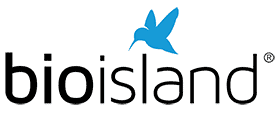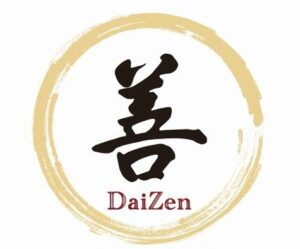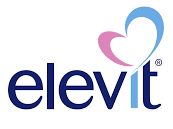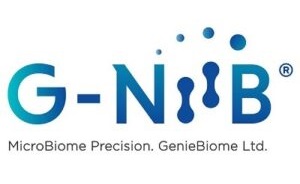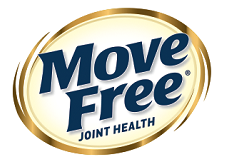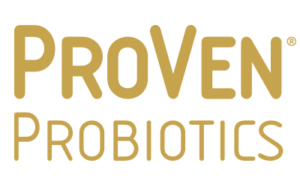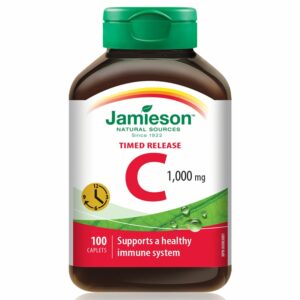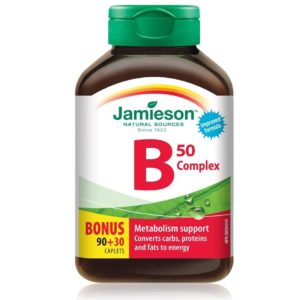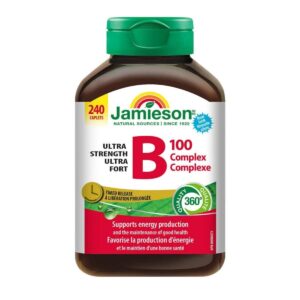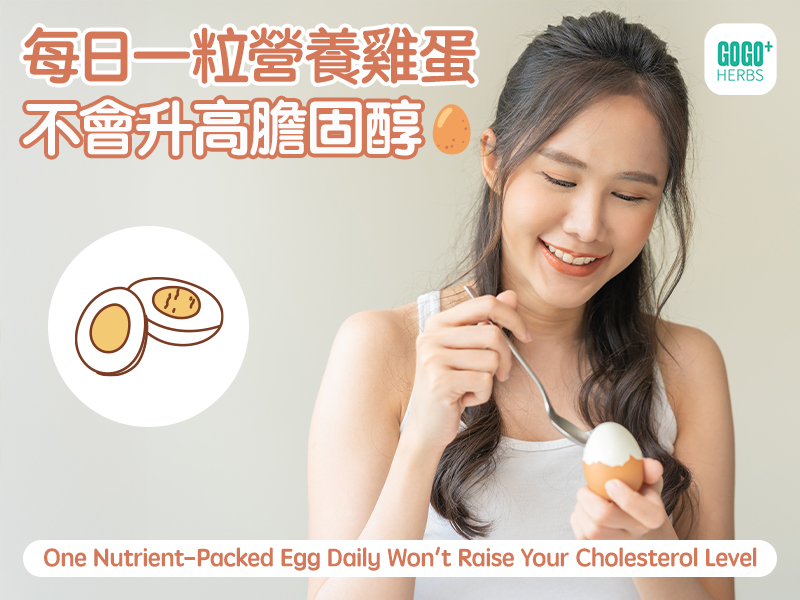
One nutritious egg a day will not raise cholesterol.
Eggs are a common and nutritious food in many people's daily diet. They are not only affordable but also rich in nutrients and can be cooked in many ways, making them a popular choice. However, there has always been considerable debate about how to eat eggs. Some people choose not to eat them because they worry about the high cholesterol content in the yolk, while others only eat the egg white to build muscle. In fact, both egg whites and yolks have their own nutritional value, and eating only either part will not provide the complete nutrition of an egg. Let's delve into the differences and nutritional truths between the two.
Nutritional Comparison of Egg White and Yolk
Taking a medium-sized egg weighing about 44 grams as an example, we can compare the nutritional composition of egg white and yolk from six aspects: calories, fat, protein, cholesterol, vitamins and minerals.
1. Calories
Protein: Approximately 17 calories
Egg yolk: Approximately 55 calories
Although egg yolks are high in calories, neither egg yolks nor egg yolks are considered high-calorie foods, and moderate consumption will not have a significant impact on weight.
2. Fat
Protein: 0 grams
Egg yolk: Approximately 4.5 grams (including 1.6 grams of saturated fat)
Although egg yolks contain fat, they are also an important source of hormones and fat-soluble vitamins for the body. In addition, egg yolks contain beneficial omega-3 fatty acids, which help reduce inflammation in the body and lower the risk of chronic diseases such as heart disease, cancer, and arthritis. They also have positive effects on brain and memory function.
3. Protein
Egg white: Approximately 3.6 grams
Egg yolk: Approximately 2.7 grams
Protein is an essential component of human cells and tissues, playing a crucial role in growth, repair, and maintaining muscle mass. The World Health Organization recommends that generally healthy adults consume approximately 0.83 grams of protein per kilogram of body weight daily to maintain normal bodily functions.
4. Cholesterol
Protein: 0 mg
Egg yolk: Approximately 210 mg
In the past, people worried that the cholesterol in egg yolks would have adverse effects on cardiovascular health. However, according to the 2015 American Heart Association and the American Dietary Guidelines, the recommendation of no more than 300 milligrams of cholesterol per day has been removed, and the idea that "the less cholesterol the better" needs to be re-examined. In fact, the cholesterol 80% in the human body is synthesized by the liver itself and has little to do with dietary cholesterol.
5. Vitamins
Protein: Contains only trace amounts of vitamin B12 (0.03 micrograms).
Egg yolk: Rich in vitamins E, D, B12 and vitamin A
Egg yolks are the main source of vitamins in eggs, especially...Vitamin B12Vitamin D is crucial for the production of heme iron, maintaining a healthy nervous system, and improving appetite and protein metabolism. It is also a key nutrient for preventing anemia and heart disease. Furthermore, vitamin D helps with the absorption of calcium and phosphorus, which is beneficial for bone and brain health.Vitamin EIt has antioxidant properties, which can protect cell and skin health; Vitamin A can maintain vision and promote bone and teeth development.
6. Minerals
Protein: Contains small amounts of calcium, magnesium, iron, phosphorus, potassium, and zinc.
Egg yolks contain higher levels of calcium, iron, phosphorus, potassium, and zinc than egg whites.
Egg yolks are significantly higher in minerals, such as calcium, which helps strengthen bones; iron, an important element in the production of red blood cells; magnesium, which participates in various enzyme reactions and nerve conduction; phosphorus, which helps regulate the body's acid-base balance; potassium, which helps maintain electrolytes and normal cell function; and zinc, which is extremely important for the immune system, wound healing, and reproductive health.
Nutritionist's opinion: Egg whites and yolks should be eaten together.
Nutritionist Krista Chen points out that eggs are a very nutritionally complete food. The egg white mainly provides high-quality protein, which helps repair body tissues, skin, and hair, and participates in hormone production; while the yolk is rich in...Vitamin DCholesterol and choline (a type of B vitamin) are essential for brain health and cell membrane structure.
In the past, many people avoided egg yolks due to concerns about cholesterol. However, the US Dietary Guidelines have clearly stated that dietary cholesterol has a limited impact on blood cholesterol levels. What the body really needs to worry about is the intake of saturated fats, such as animal fats, butter, snacks, and pastries. In addition, the body still needs a certain amount of cholesterol to produce vitamin D, bile, and hormones.
Chen Yunlin suggests that it is generally safe and beneficial for healthy adults to eat one whole egg (including the yolk) per day. However, it should be noted that although eggs are nutritious, they are high in protein. If consumed in excess, the excess protein may be converted into fat and stored, leading to weight gain. It may even increase uric acid production, raising the risk of gout and joint pain.
According to the World Health Organization, healthy adults should consume approximately 0.83 grams of protein per kilogram of body weight per day. The Department of Health recommends that adults consume about 5 to 8 servings of protein daily (approximately 5 to 8 ounces of meat). One serving of protein is equivalent to one egg, a piece of meat the size of a mahjong tile, or half a brick of tofu.
Conclusion: Eggs are nutritionally complete; it is recommended to eat both the egg white and yolk.
In summary, egg whites and yolks each have their own nutritional advantages. Egg whites are primarily composed of high-quality protein, while egg yolks are rich in various vitamins, minerals, and beneficial fats. Choosing only one part will prevent you from obtaining the complete nutritional value of an egg. Therefore, it is recommended to consume whole eggs in moderation to obtain sufficient nutrition while also ensuring health and deliciousness. Of course, the amount consumed should still be adjusted appropriately based on individual health conditions and nutritional needs.
Related Post:
Related Products:
-
Jamieson – Long Lasting Vitamin C 1000mg 100 Tablets
Original price was: $138.00.$118.00Current price is: $118.00. Add to basket -
Jamieson – Natural Vitamins B complex 50 120 capsules
Original price was: $168.00.$108.00Current price is: $108.00. Add to basket -
Sale!
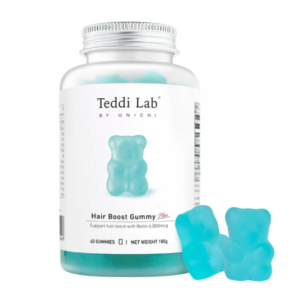 Out of stock
Out of stock
Unichi – Teddi Lab® Gummy Bears Gummy Bears for Hair Growth Upgraded Sea Salt and Green Titanium Flavour 60 Capsules
Original price was: $170.00.$125.00Current price is: $125.00. Add to basket



